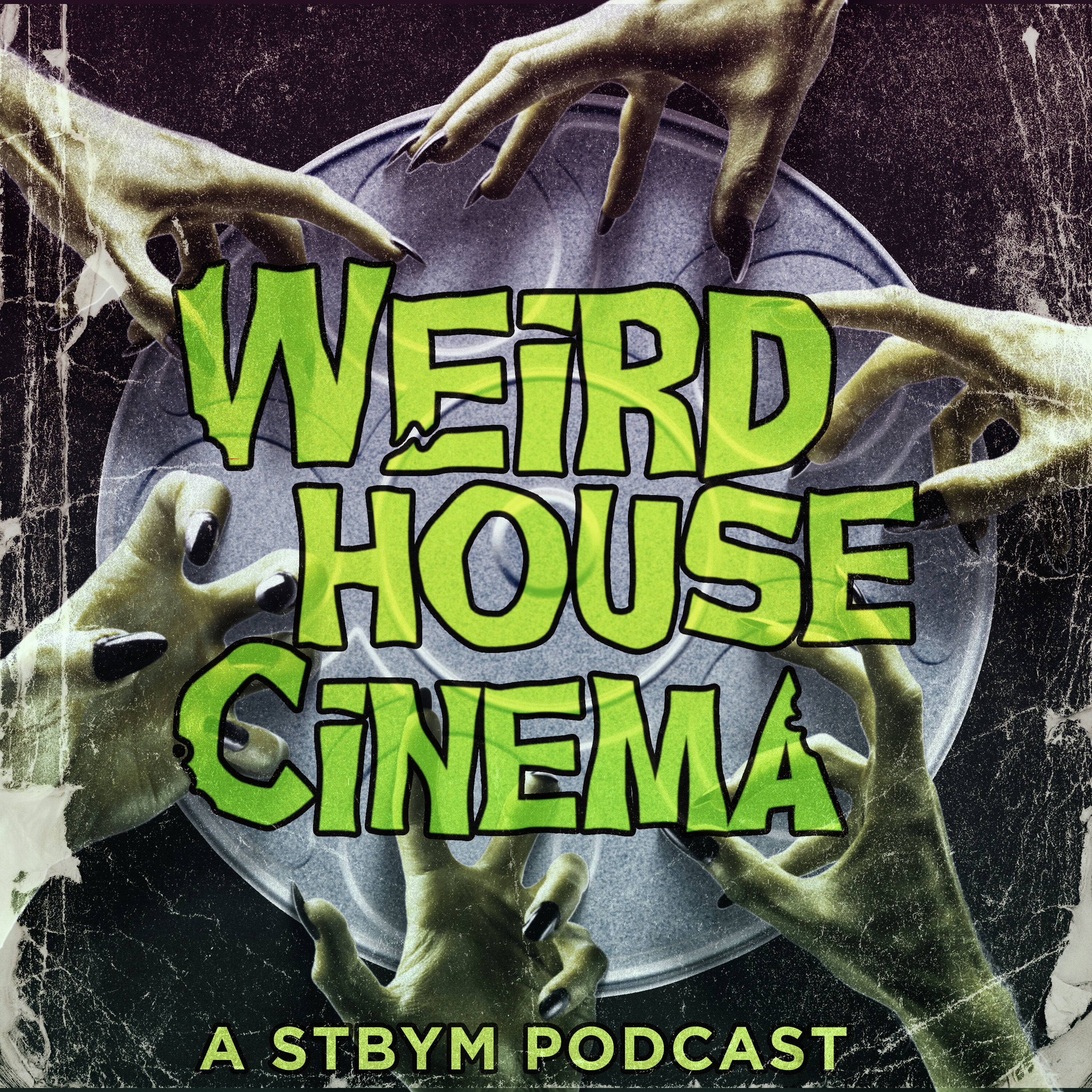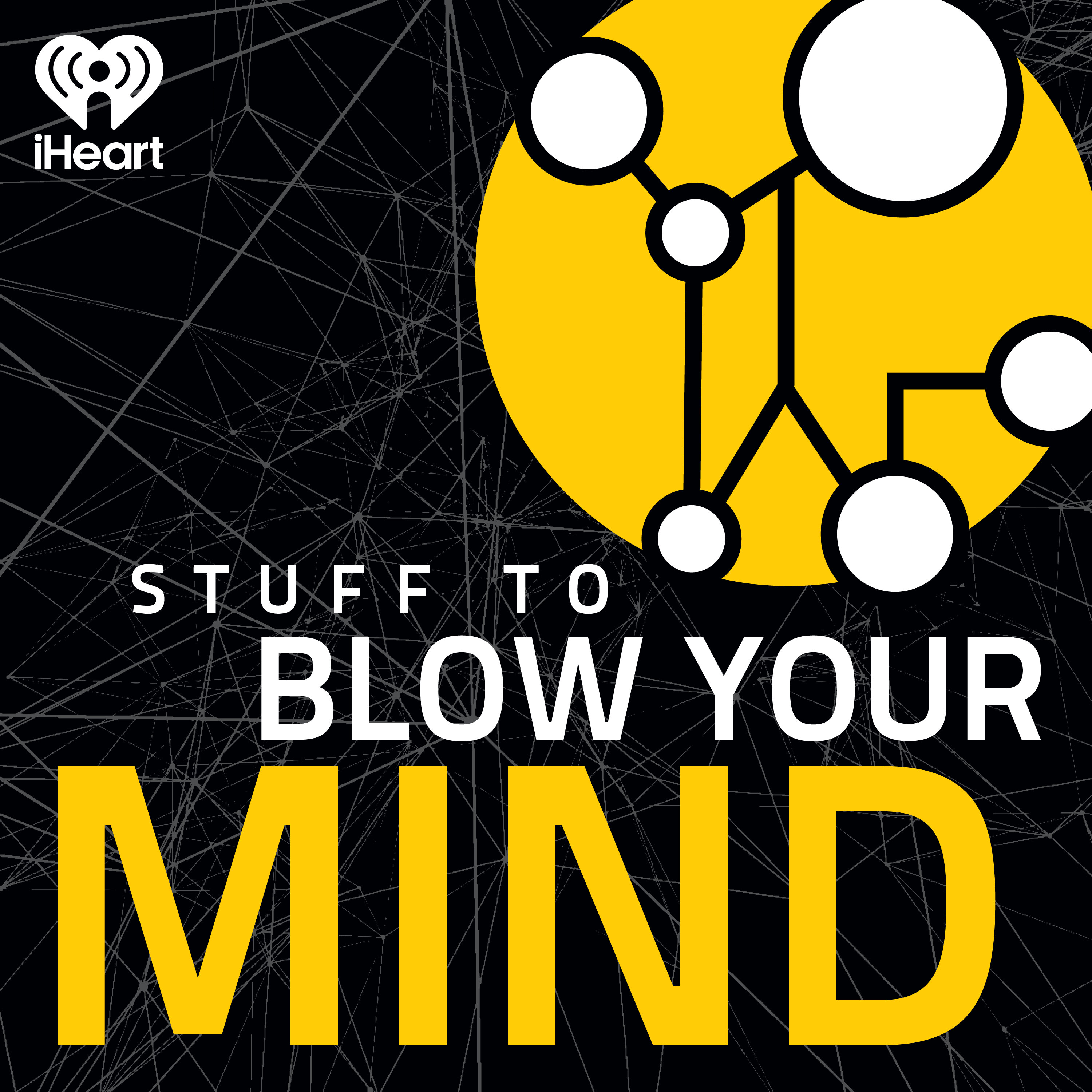
Weirdhouse Cinema Rewind: RoboCop (1987)

Stuff To Blow Your Mind
Deep Dive
Why is RoboCop considered a satirical film?
RoboCop is a satirical vision of a dystopian near future, critiquing the privatization of public services and the idea of running a country like a business. It depicts a world where corporations like Omni Consumer Products (OCP) have taken over public institutions, including the police, leading to a dehumanized and profit-driven society. The film uses hyper-violence and dark humor to highlight the absurdity and dangers of unchecked corporate power.
What role does Dallas play in the filming of RoboCop?
Although RoboCop is set in a futuristic Detroit, many of its iconic scenes were filmed in Dallas, Texas. Key locations include Dallas City Hall, which serves as the OCP headquarters, and Reunion Tower, which appears in the background during a car chase. The city's unique architecture helped convey the futuristic and dystopian aesthetic of the film.
What is the significance of ED-209 in RoboCop?
ED-209 is a rival project to RoboCop, representing a failed attempt by OCP to create a fully automated police force. Its design and functionality are more suited for military use than policing, as evidenced by its inability to navigate stairs or recognize when a threat has been neutralized. ED-209 symbolizes the dangers of prioritizing profit and technology over human needs and safety.
How does RoboCop explore themes of humanity and identity?
RoboCop delves into the struggle to retain humanity in a dehumanizing world. Alex Murphy, transformed into RoboCop, initially functions as a machine controlled by corporate directives. However, as he begins to recover fragments of his past life and memories, he reasserts his humanity. The film emphasizes the importance of free will and the fight against becoming a soulless tool for corporate profit.
What is the role of the media segments in RoboCop?
The media segments in RoboCop, including news reports and commercials, serve to satirize the hyper-consumerist and militarized culture of the film's world. They highlight the absurdity and moral decay of a society where horrific events are glossed over, and consumer products are prioritized over human life. These segments also provide a backdrop for the film's dystopian setting and reinforce its critique of corporate and media influence.
How does RoboCop's violence contribute to its storytelling?
The extreme violence in RoboCop is both a stylistic choice and a narrative tool. It underscores the brutality of the world the characters inhabit and serves as a critique of the glorification of violence in media and society. The graphic nature of the violence also emphasizes the dehumanizing effects of corporate control and the moral decay of the film's dystopian setting.
What is the significance of the 6000 SUX car in RoboCop?
The 6000 SUX is a satirical representation of consumer excess and environmental disregard. It is an enormous, gas-guzzling car that gets only eight miles per gallon, symbolizing the absurd priorities of a society driven by profit and consumption. Its inclusion in the film critiques the unchecked greed and wastefulness of corporate culture.
How does RoboCop's ending reflect its themes?
RoboCop's ending is bittersweet, reflecting the film's themes of partial victory and the struggle for humanity. While RoboCop manages to defeat Dick Jones and reclaim some of his identity as Alex Murphy, he remains bound by corporate directives. The ending highlights the ongoing battle against dehumanization and the limited victories possible in a world dominated by corporate power.
- Privatization of police department by OCP
- Satirical commentary on dystopian near-future
- Themes of humanity vs. machinery
Shownotes Transcript
In this classic episode of Weirdhouse Cinema, Rob and Joe discuss Paul Verhoeven’s 1987 sci-fi action classic “RoboCop,” a film as deeply satirical as it is gratuitously violent. (originally published 12/01/2023)
See omnystudio.com/listener) for privacy information.